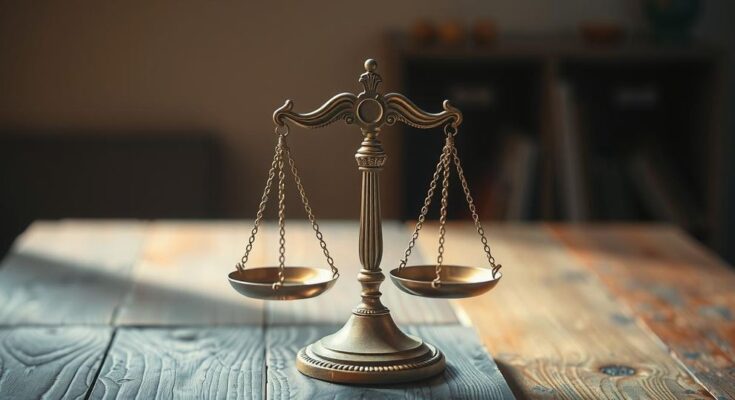On January 22, 2025, South Sudan’s NCA issued a directive banning social media platforms for at least 30 days, citing national mourning after a massacre. This decision raises serious concerns about civil liberties, stifles public discourse, and infringes upon freedoms protected by the Constitution and international treaties. Restoring access to social media is vital for transparency, democratic engagement, and justice.
On January 22nd, 2025, South Sudan’s National Communication Authorities (NCA) implemented an indefinite closure of social media platforms, citing the need to address national grief following the massacre of South Sudanese nationals in Wad Madani, Sudan. While the government aims to promote national healing, this decision infringes upon critical citizens’ rights and freedoms, raising serious concerns about civil liberties in the country.
This directive effectively blocks citizens from accessing essential communication channels and stifles public discourse at a time when open dialogue is most needed. Rather than supporting open communication, the move restricts citizens’ ability to share important information and engage in discussions regarding national issues, thus compromising principles enshrined in the Constitution, including freedom of speech and access to information.
The government’s assertion that this social media ban is a national security measure may indicate a troubling shift away from democratic values. Citizens are deprived of platforms to voice their opinions and gain awareness about local and global events, further demonstrating a regression from the commitments of transparency and accountability that underpin a healthy society.
While recognizing the tragic events in Wad Madani, it is essential to reflect on the long-term impact of such a directive on civil liberties. The use of national grief to justify the suppression of basic rights ultimately undermines the foundation of democracy, which relies on free expression and government accountability.
Democratic societies thrive on the citizens’ ability to freely express themselves, especially during crises. Social media has functioned as a vital platform for South Sudanese individuals to communicate their grief and demand justice following the tragic events, facilitating discussions that could hold accountable those responsible for the violence.
The government’s decision to disable social media limits avenues for citizens seeking justice and confines the press and civil society groups that depend on these platforms to report abuses and advocate for reforms. This decision directly contradicts Article 24 of South Sudan’s Transitional Constitution, which explicitly protects freedom of expression and the right to receive and impart information through any medium.
As a signatory to international agreements such as the International Covenant on Civil and Political Rights (ICCPR) and the African Charter on Human and Peoples’ Rights (ACHPR), South Sudan has committed itself to uphold citizens’ rights to freedom of expression and access to information. By obstructing social media usage, the government violates both national and international obligations.
It is crucial to emphasize that while the loss of lives is deeply mourned, responding by blocking communication channels is a misguided approach that aggravates the existing crises. A more effective resolution would involve fostering open dialogue and providing updates on investigations to restore public trust rather than creating a hidden environment ripe for misinformation.
The South Sudanese government should promptly reverse its decision and reinstate access to social media, enabling citizens to share information and demand accountability. Upholding the citizens’ right to communicate freely is essential, particularly in times of crisis when engagement with the government and one another is needed most.
The sorrow stemming from the event in Wad Madani should prompt a call for transparency and justice rather than further restrictions. By restoring access to social media, the government would signal its commitment to democracy, human rights, and the essential values that underpin a harmonious society.
The South Sudanese government has taken a controversial step by blocking access to social media amidst a national tragedy. This measure aims to address public grief following a massacre but has sparked concerns regarding civil liberties and the role of open communication in a democracy. Protecting citizens’ rights is fundamental, and the implications of such a ban can hinder the free flow of information and citizen engagement in governance.
In conclusion, the indefinite social media shutdown in South Sudan poses a significant threat to civil liberties and democratic engagement. The government’s approach restricts essential communication during a period of national mourning and violates both constitutional and international commitments. Restoring access to social media is crucial for facilitating dialogue and accountability, fostering a culture of transparency, and honoring the rights of the citizens.
Original Source: www.radiotamazuj.org




